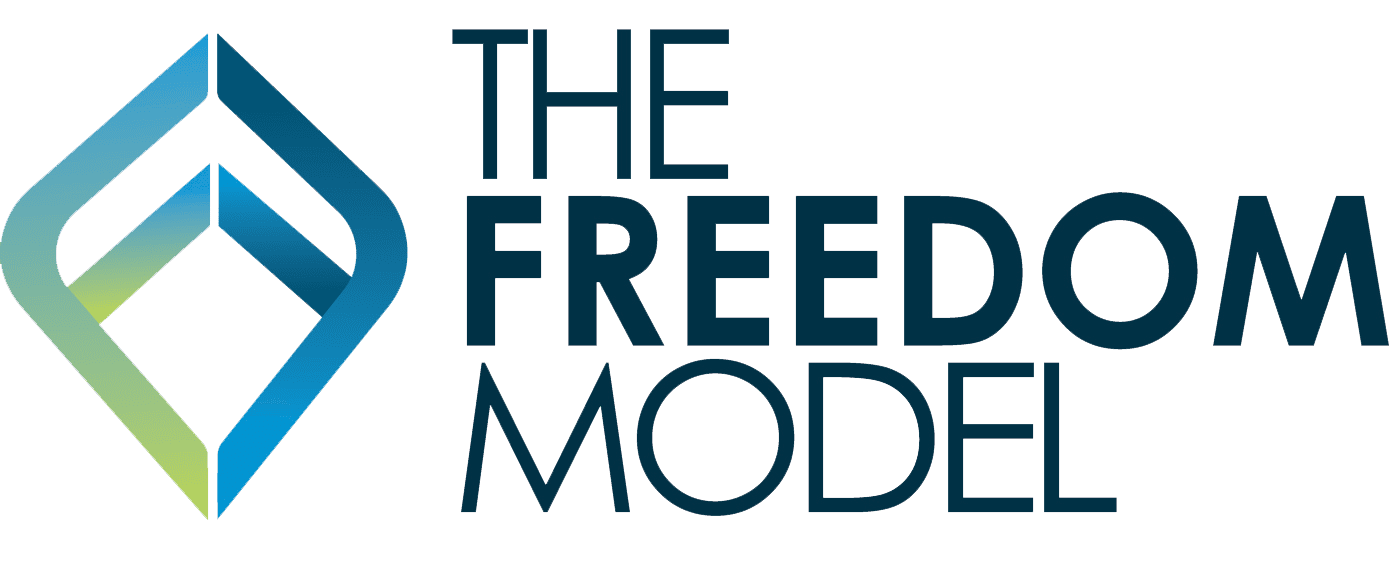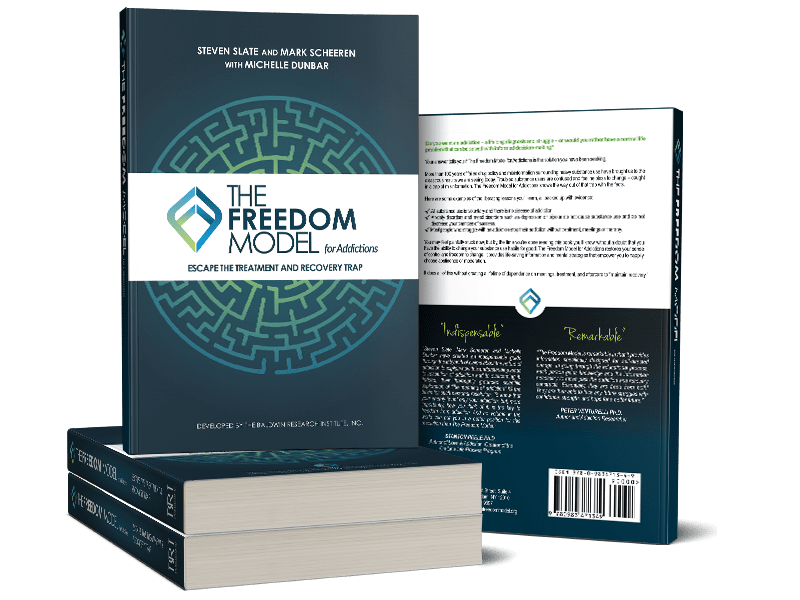You Asked, We Answered
Addiction Questions
I have depression. I was diagnosed when I was young, and I now have a severe drinking problem. I can’t figure out if depression causes alcoholism, or if my alcoholism causes my depression. Which is it?
You are asking a complex question because the answer is both. But to further complicate your question you use the word “cause.” So let’s clear away this point first – nothing CAUSES you to drink. Rather, you have personal reasons for your drinking. Reasons take mindful reasoning, while being “caused to drink” makes you no longer have any responsibility for your drinking, which is not reality. There is no one but you choosing to ingest the alcohol. So the first step to providing an answer to your question is to accept that you personally have reasons that you have chosen for choosing to drink heavily.
Next, whatever your beliefs are, will be the guiding force to how you deal with being depressed. You might drink as a means to “feel better.” You might find that drinking makes your depression worse. Or both at differing times. The point is this – what you think about depression and your drinking habits will guide both issues. In other words, the relationship between depression and a drinking (or drugging habit) are based on each individual. Here is a quote from The Freedom Model for Addictions that describes what we are talking about here:
“So it is also with substance use. Depression or poverty may be conditions in which it is probable that more people will choose to use substances heavily, but that choice is not the uniform response to depression and poverty by any means, nor is anyone forced to use substances. People can still choose their own path.
The determinists who are particularly astute will say that the causes are many and complex. They will combine the three categories of causes into one, calling addiction a biopsychosocial condition (biological, psychological, and social/environmental). This term accounts for all the pet causes and, more important, covers for the failure of each of these categories of causes to predict anyone’s substance use habits and/or habit change. It also covers for the failures of the various treatments. When treatment for trauma doesn’t affect the choice to use substances, then maybe treatment for depression will, or a better support network, or a sober-living home, or a combination of all these things and more to combat the complex of causes. You get the point, right? The biopsychosocial model is no better than the failed theories it combines. Treatment professionals claim that they are sure that the “addict” is the helpless pawn of several “causes,” none of which can be proven to have a causal connection. Then, to combat these many unverifiable causes, they throw everything at addiction and hope something sticks.
There’s one thing they don’t try: appealing to people’s innate ability to think differently about their options and make new decisions….
… Many readers will relate to the idea that psychological disorders, such as depression, cause them to use substances. You may have experienced feeling depressed and subsequently turned to substance use to feel better. We do not deny your experience, but we endeavor to explain it more accurately so you can understand it in a way that facilitates change. Is this a case of having no choice and being caused to use substances by depression, or is it a case of having learned that substance use is enjoyable and then evaluating substance use as a good option to find some happiness in that moment? The first case makes you a helpless victim of depression. The second case makes you an active chooser, which means that, with new thoughts, information, and beliefs, you are not helplessly fated to repeatedly make the same choices when life throws you curveballs.”


0 Comments